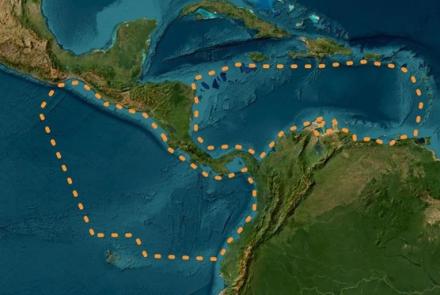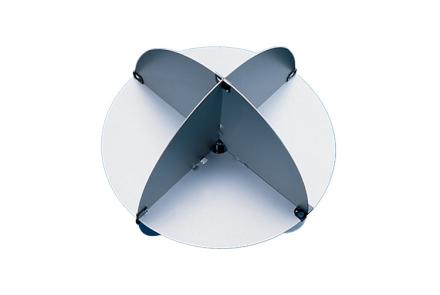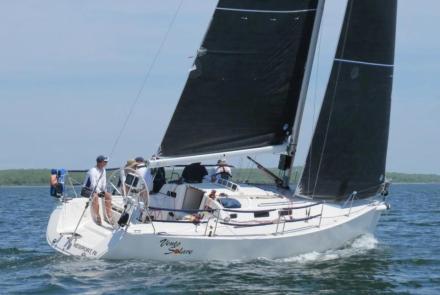No Second in Command: A Relaxing Swim (oar was it?)
From the CCA School of Hard Rocks
...lessons learned in pursuit of the Art of Seamanship
A Tale Shared with Wilson Fitt, Nova Scotia Station, 3/1/23
This story is not a bluewater sailing story, but it illustrates how you can get into trouble in calm waters within sight of home. A friend of mine had this happen to him a few years ago and told me the story the next day, while he was still somewhat shaken up.
Bob is an experienced local sailor who knows Mahone Bay, Nova Scotia waters very well. He’s an affable sort of fellow and loves to take guests out for an afternoon on his boat, a 32 foot something or other. The boat is decently equipped for summer, inshore sailing.
One August afternoon a few years ago Bob had four or five friends out, none of them with any significant boating experience. The wind was light, the sun was bright, the water was warm, and cold beer was in demand. Bob was captain, crew, safety officer, tour guide, entertainment director, and caterer.
They were sliding along on a broad reach when the time came for him to go below. He recruited one of the guests to take the wheel, showed him what to point for, got him settled in, and stood up on the cockpit seat to head below. Moments later the boat gybed, the boom connected with Bob’s shoulder, and there he was, in the drink.
Pandemonium broke out as the boat sailed on, leaving Bob treading water behind. Amid all the shouting, someone cast off the main halyard dropping the sail all over the cabin top, someone else let go of the headsail sheets which ended up in the water, and a third person hopped in the dinghy to row back to fetch Bob. The rower promptly lost an oar in the water, so now there were two people adrift.
The shouting and general hullabaloo caught the attention of a passing motorboat that doubled back to rescue Bob and the hapless rower. Bob got dried out, order was re-established aboard the boat and everyone returned to shore safely with a story to tell.
The lessons learned were:
- Pre-departure safety briefings are very important. No-one other than Bob had the slightest idea what to do in an emergency.
- It’s a mistake to be the only competent person aboard with totally inexperienced guests. Bring a second person who has at least some idea how a boat works.
- Luck is a big part of survival. If the boom had hit Bob in the head instead of on the shoulder, even though it was not particularly heavy or the wind very strong, he may have been stunned enough to drown in the first minute or so.
- Bob was also lucky that this happened in August when the water was warm. He was swimming for twenty minutes or so, which in the cold, cold water of late May or early June, might have resulted in the gasp reflex or have been long enough to be the end of him.
- Lifejackets save lives!
- Bob wondered if he should have shown someone how to start the engine, but recognized that it might have resulted in lines tangled in the prop or him being put in more danger as his inept crew tried to run him down.
- Flares are better attention getters than hysterical shouting, if anyone had known where they were.
- All’s well that ends well, but it was way too close for comfort on this occasion.
The Cruising Club of America is a collection of passionate, seriously accomplished, ocean sailors making adventurous use of the seas. All members have extensive offshore boat handling, seamanship, and command experience honed over many years. “School of Hard Rocks” stories, published by the CCA Safety and Seamanship Committee, are intended to advance seamanship and help skippers promote a Culture of Safety aboard their vessels.





